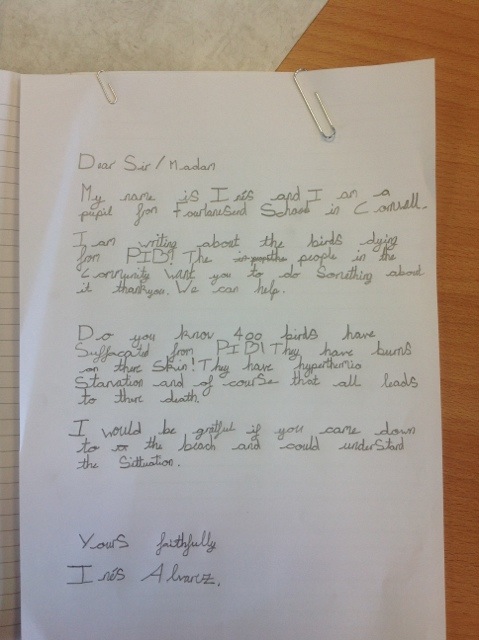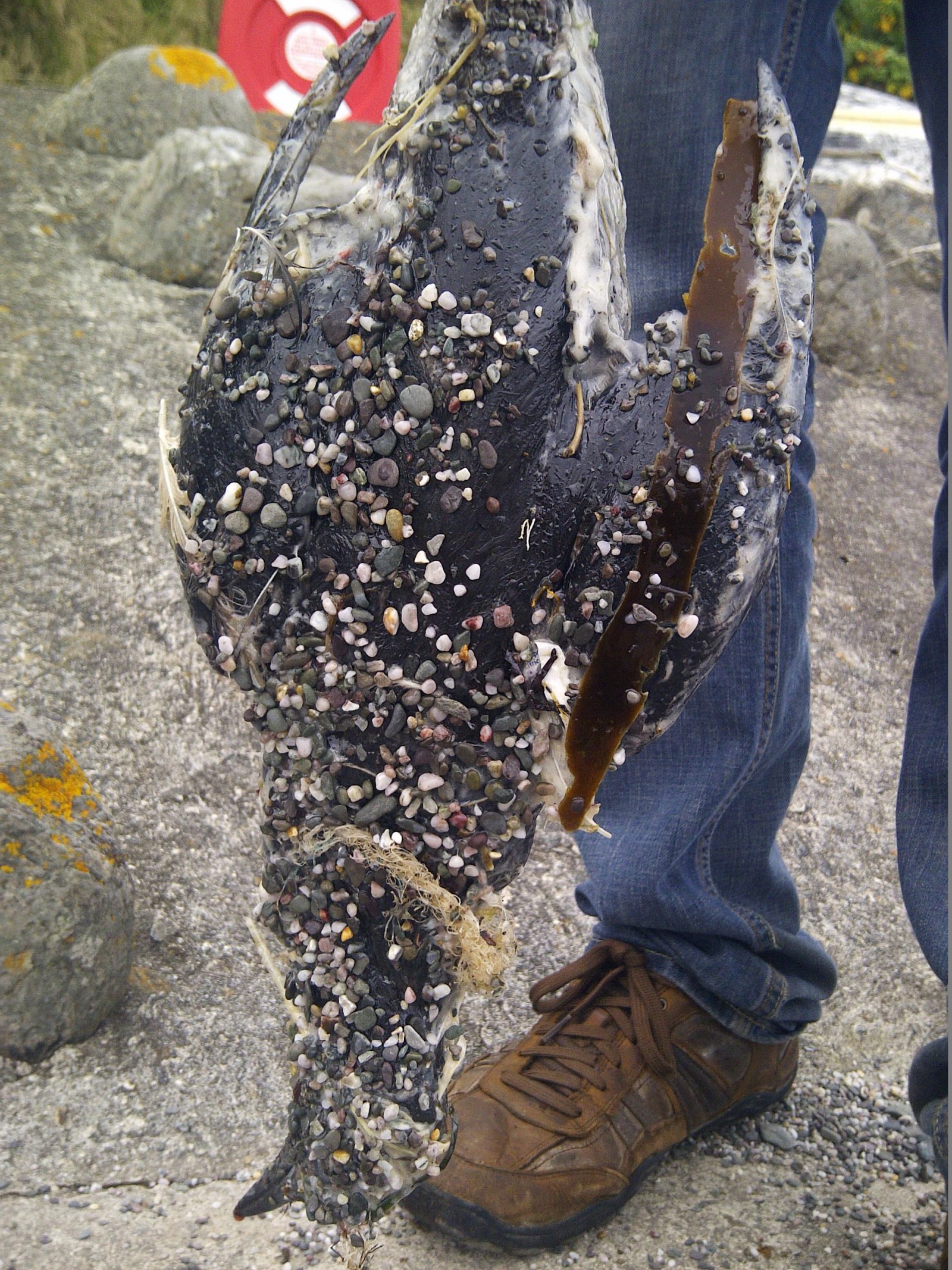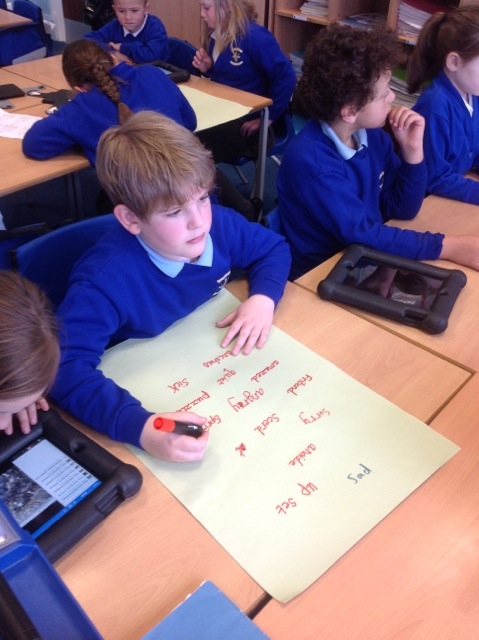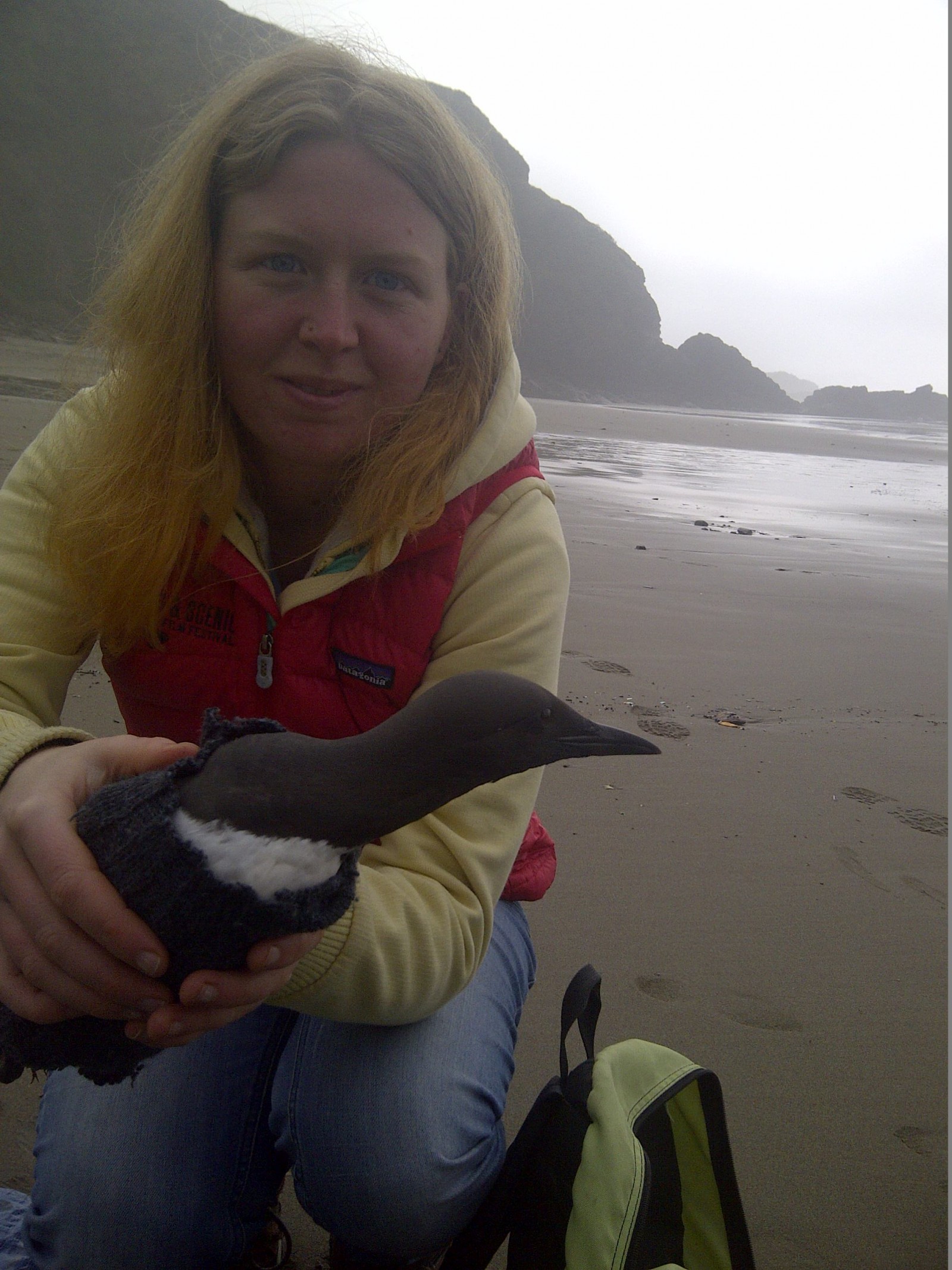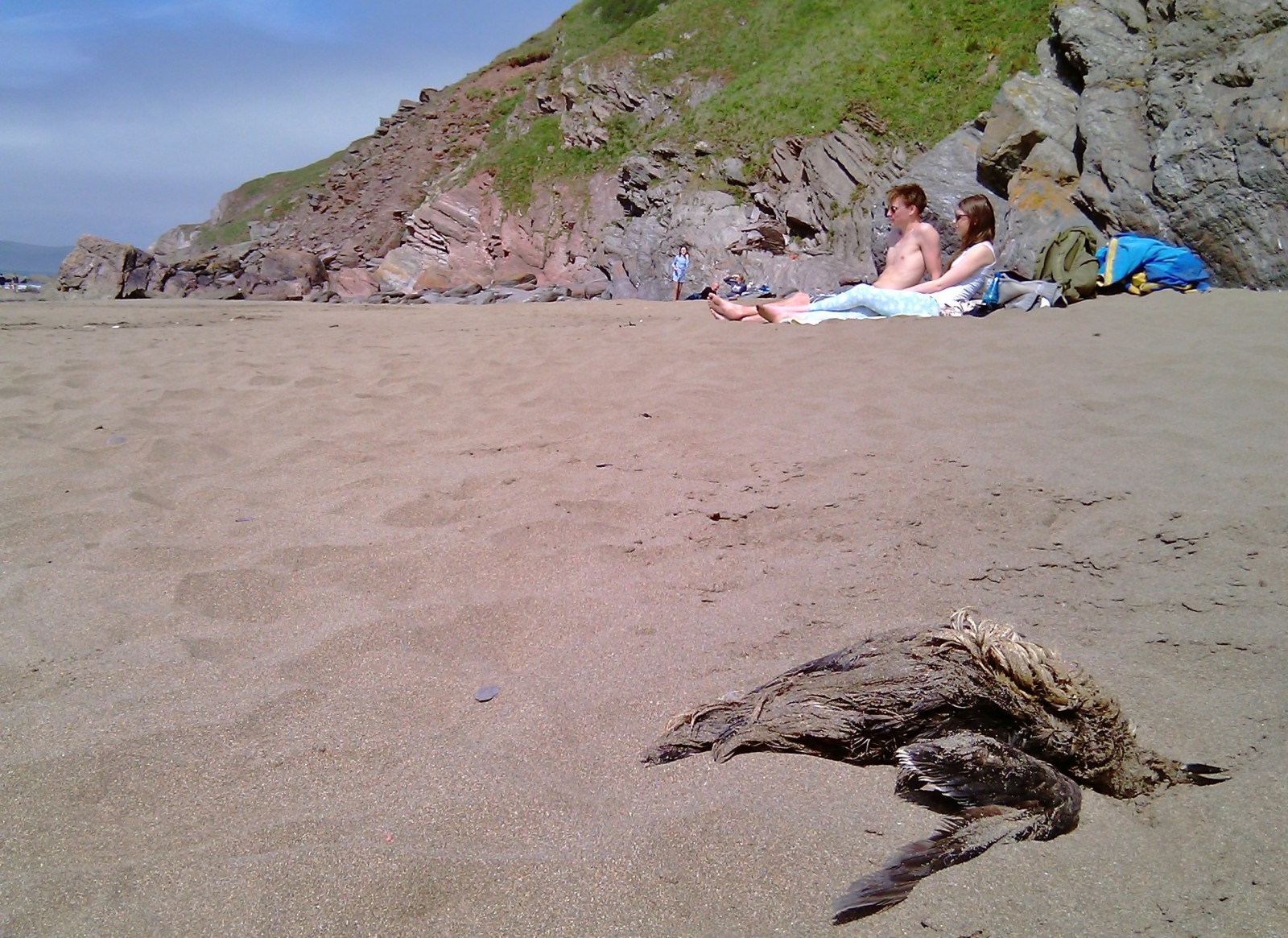PIB disaster
In April 2013 a horrendous environmental disaster unfolded right on our doorstep.
The Rame Peninsula was at the epicentre of what would turn out to be the worst marine wildlife disaster in Britain since the Torrey Canyon oil spill in 1967. Within just a few days around 4,000 birds had been washed up dead and dying along the coast.
A huge amount of PIB (polyisobutylene) – an almost invisible and incredibly sticky substance used in a vast number of items, from chewing gum and balloons to plastic explosives – had been dumped by a ship somewhere off the south coast of Cornwall. This followed an earlier spill of the substance in Dorset in January, which had killed hundreds of birds, and another one in Holland in 2010.
Global production and transportation of PIB is growing fast, and at that time ships carrying chemicals such as PIB were permitted to wash out their tanks at sea following delivery (although not in the quantities involved in this case, which was an illegal dump).
Despite sophisticated tracking technology, the authorities were unfortunately unable to track the source of the chemical spill.
Local people were horrified at the needless deaths of these birds, mostly guillemots but also razorbills, gannets, puffins, shearwaters and others. Despite efforts to rehabilitate the survivors the death rate was high - much higher than would be expected with a crude oil spill - as the PIB appeared to line the animals' guts.
Rame Peninsula Beach Care supporters were heavily involved in monitoring the beaches to rescue live birds that washed ashore, and also counting and removing carcasses of dead birds, which for several days were washing up in their hundreds.
Through our Facebook page we were able to coordinate pick-ups of birds and ensure that efforts weren’t being duplicated by people covering the same beach twice.
Our local primary school, Fourlanesend, decided to campaign on the issue, calling for action to stop anything like this from happening again.
The children wrote to Prince Charles (the Duke of Cornwall), local MP Sheryll Murray and MEP Graham Watson. Their work received a lot of media attention and was even featured on Newsround.
Other schools also joined the campaign, and an online Avaaz petition created by RPBC trustee Jes Hirons and another 38 Degrees one were signed by around 25,000 people.
Extraordinarily, the International Maritime Organisation, renowned for taking an extremely long time to reach decisions, decided to totally ban the dumping of PIB and some other chemicals at sea just a few months later. We believe this was largely as a result of the public outcry.
In January 2015, it was announced that the UK, Germany and Denmark would be calling on the IMO to similarly ban the dumping of another substance, palm oil, which has caused the deaths of dozens of pet dogs.
This foul-smelling white substance, washed up on beaches in a congealed form after being flushed from ships’ tanks, is irresistible to dogs, despite being toxic to them.
This is all extremely good news, although it should be remembered that it was impossible to track down the perpetrator of the April 2013 spill.
We believe more also needs to be done to ensure that proper records, and if possible samples, are kept to be used in conjunction with satellite tracking technology to help link chemical spills back to the tankers that transported them.
If you suspect that you have found palm oil or any other chemical residue on the beach, please call HM Coastguard as soon as possible on 01803-882704 – and let us know too!

